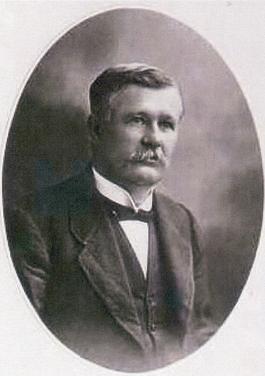Arthur Mills Lea facts for kids
Arthur Mills Lea (born August 10, 1868 – died February 29, 1932) was an Australian scientist who studied insects. He was known as an entomologist.
Lea was born in Surry Hills, New South Wales, Australia. As a child, he loved insects and spent his free time learning about them.
Contents
Early Career
Lea first worked at an accounting firm in Sydney. But his passion for insects led him to a different path. In 1891, he became an assistant entomologist for the Minister of Agriculture in Sydney. An entomologist is a scientist who studies insects.
Helping Farmers
Lea became a government entomologist in Western Australia in 1895. This meant he worked for the government to help control insect pests that harmed crops. In 1899, he moved to Tasmania and became the government entomologist there. He had great success in controlling the codling moth, a pest that damages fruit like apples.
Studying Beetles and Moths
From 1912 to 1924, Lea taught at the University of Adelaide. He focused his studies on beetles, learning all about these fascinating insects.
Work in Fiji
In 1924, Lea took a special job in Fiji for a year. His task was to investigate the Levuana moth. This moth was a big problem because it was damaging copra crops. Copra is dried coconut meat, which is used to make coconut oil.
Lea looked for a special type of fly that could be a parasite to the Levuana moth. A parasite is an organism that lives on or in another organism and gets its food from it. He found a helpful fly in Malaya. Unfortunately, the flies did not survive the trip by ship to Fiji. Later, the same type of fly was successfully brought to Fiji, but Lea did not get credit for finding it first.
Discoveries and Recognition
Arthur Mills Lea also collected insect samples in New Caledonia. As his eyesight started to get worse, his assistant, Norman Tindale, helped him by making drawings of the insects.
Lea was an amazing scientist. He described 5,432 new species of beetles! This means he was the first person to scientifically identify and name these different types of beetles.
He was also a member of several important scientific groups, including:
- The Linnean Society of New South Wales
- The Royal Society of South Australia
- The Entomological Society of London
When scientists write about insects he discovered, they use "Lea" as his official abbreviation.


